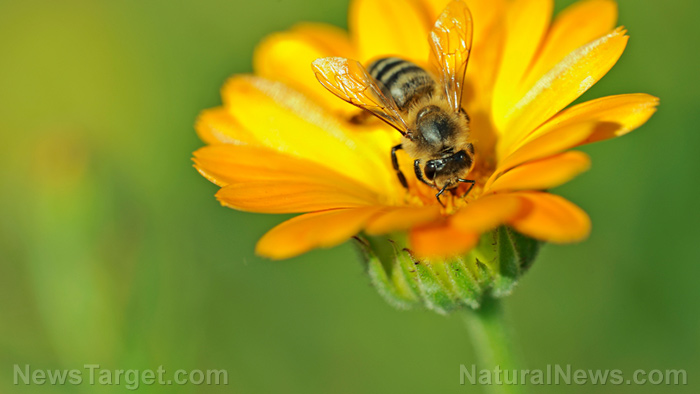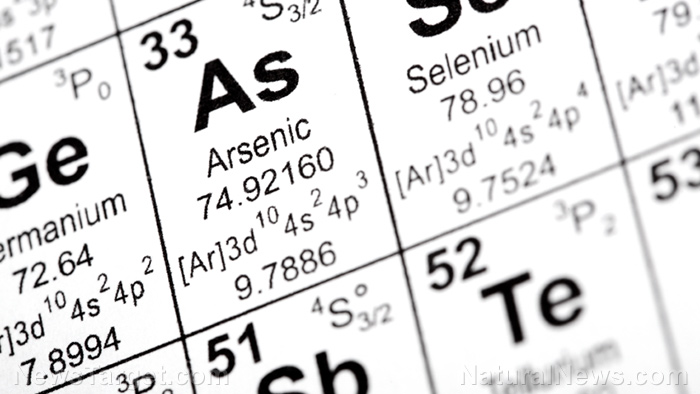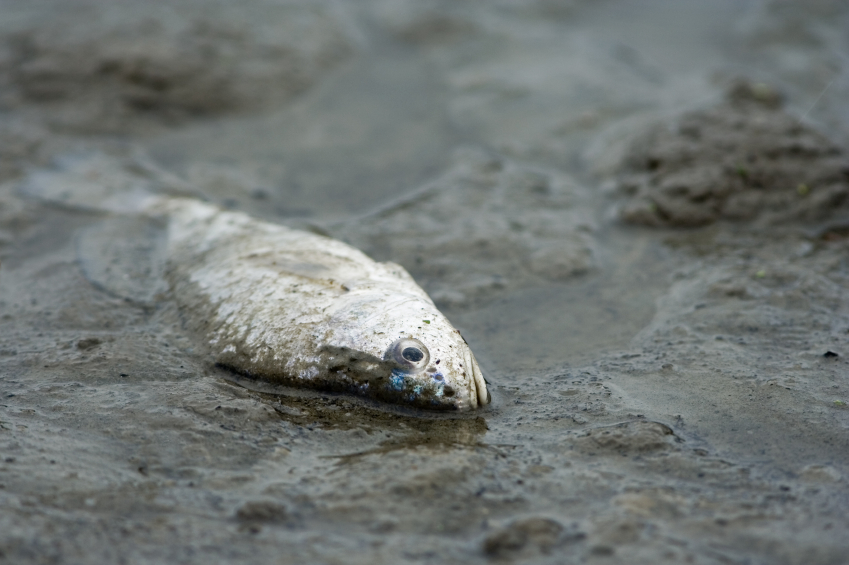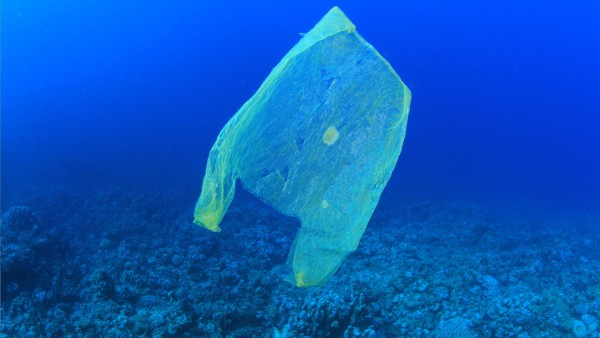Abamectin — toxicity, side effects, diseases and environmental impacts
11/08/2017 / By Michelle Simmons

Abamectin, a crystalline powder that has a white to yellowish color, is a mixture of avermectins or nerve poisons consisting of around 80 percent avermectin B1a and 20 percent avermectin B2a, which have very alike biological and toxicological properties. These components are insecticidal or anthelmintic compounds derived from the soil bacterium known as Streptomyces avermitilis. This bacterium produces abamectin through natural fermentation.
Abamectin is used to manage insect and mite pests in agronomic, fruit, vegetable, and ornamental crops. Moreover, this chemical is used to control fire ants by homeowners. Abamectin disrupts the nervous system of the targeted insects, which in turn paralyzes these pests. The paralyzed pests stop eating and will die three to four days after. It is a pesticide that acts slowly, enabling ants to bring it to their colony. In roaches, abamectin is spread through feces.
Abamectin is also known as Avermectin B1 and MK-936, and has a molecular formula of C95H142O28. It is sold in the market in brand names such as Affirm, Agri-Mek, Avid, Dynamec, Vertimec, and Zephyr.

List of known side effects
Studies on animals revealed that side effects of abamectin include uncoordinated movements or ataxia; excessive or disproportionate movements or hypermetria; disorientation; excessive reaction to tactile stimuli or hyperesthesia; uncoordinated trembling, shaking movements or tremor; dilation of the pupils or mydriasis; inability to rise or recumbency; depression; blindness; and coma. Abamectin was found to be highly toxic to aquatic life.
Body systems affected by abamectin
There are a few body systems affected by abamectin. Abamectin affects the reproductive system negatively. A human study revealed that abamectin decreased sperm motility, therefore impairing male fertility by decreasing the quality of semen. Exposure to abamectin through oral ingestion, skin contact, and inhalation can lead to coma, aspiration with respiratory failure, hypotension, and multiple organ failure.
Items that can contain abamectin
Abamectin can be found as a main ingredient in insect baits used in agriculture and residential areas to control mites, leaf miners, pear psylla, cockroaches, and fire ants.
How to avoid abamectin
To avoid getting abamectin into your eyes, wearing goggles is advised. Moreover, you can avoid prolonged contact with skin by wearing protective clothing.
Where to learn more
- Food supply threatened by pesticides that kill bees: Honey and almonds are at risk
- Chemicals.news
- Poison.news
- Pesticides.news
- Toxins.news
Summary
Abamectin is a mixture of avermectins or nerve poisons. It is naturally produced by the soil bacterium known as Streptomyces avermitilis.
Side effects of abamectin include ataxia, hypermetria, disorientation, hyperesthesia, tremor, mydriasis, recumbency, depression, blindness, and coma.
Abamectin can impair male fertility and cause coma, aspiration with respiratory failure, hypotension, and multiple organ failure.
Sources include:
Tagged Under: abamectin



















